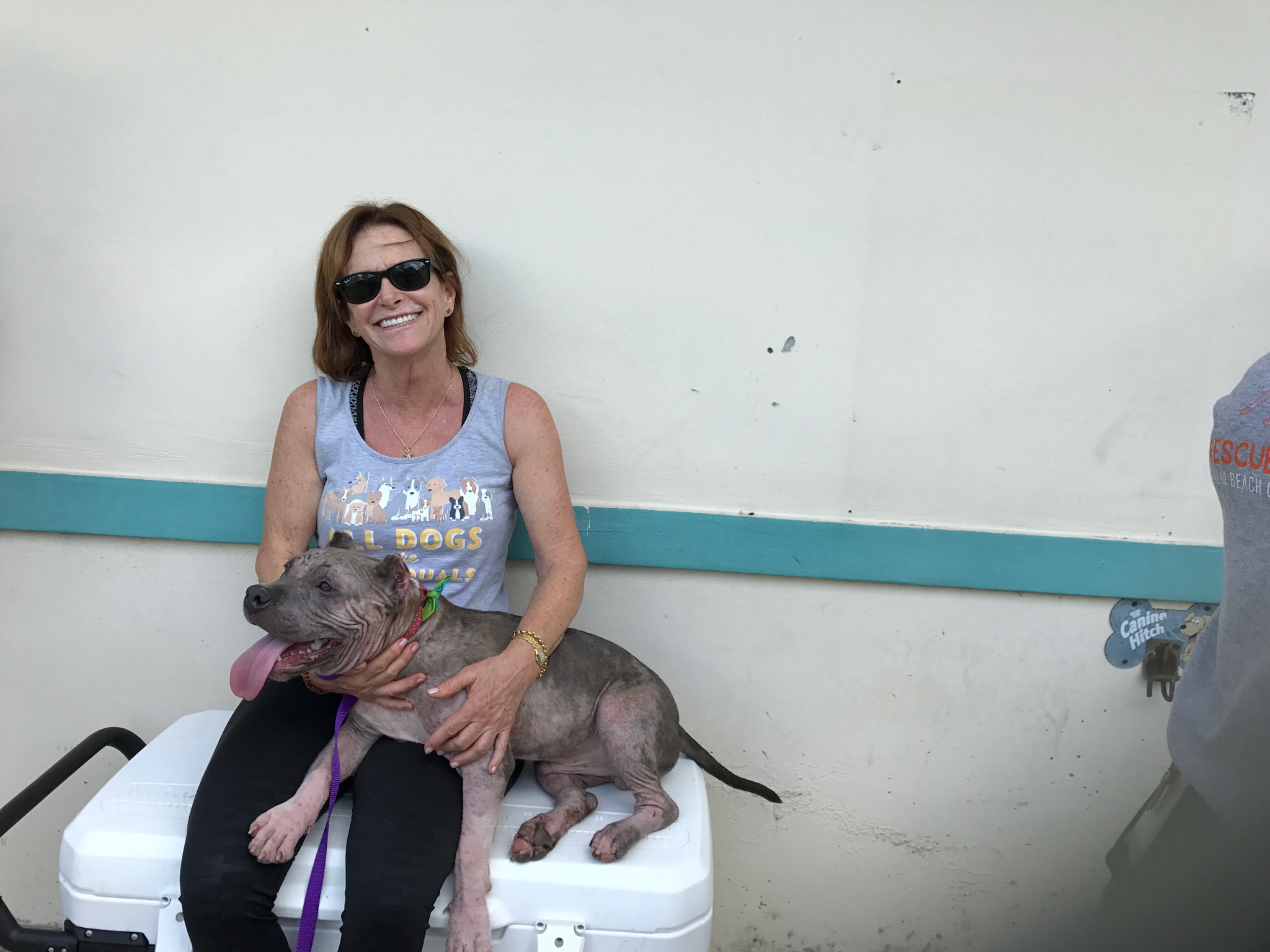The housing crisis in the U.S. is about to get even worse. Because of breed-restrictive policies, which further limit affordable housing options, it will impact dog owners on a greater scale. Landlords cite liability risks as justification for these policies. Our Foundation Manager, Nicole Juchem, stepped into their shoes and did a deep dive to find out what the dog bite related liability risks really are for landlords.
by: Nicole Juchem, Foundation Manager
As a potential landlord myself, there are some things that keep me up at night. What are all of the possible things I could be liable for? Do I have enough smoke/carbon monoxide detectors? Are there any slip and fall hazards? How does one even test for lead paint?
I do plan to allow dogs, but I’ve seen my fair share of leases that have either all out banned pets or had breed-specific restrictions. My last apartment even required me to have an additional insurance policy for my “pit bull” dog.
Why are landlords vigilant in respect to dogs? What facts sparked this crusade? Should I be concerned about liability with dogs, too?
I’m well aware that breed restrictions are futile because breed doesn’t equal behavior. In my research, I focused on whether or not landlords offering pet owner accessible housing, in general, are opening themselves up to some kind of extra liability.
If their tenants’ dog injured someone, could they be responsible for damages? To find out, I researched laws related to landlord liability for every state, including case law, landlord/tenant laws, and dangerous dog laws, etc.
What I found surprised me. Overwhelmingly, landlords were not held liable for injuries caused by their tenants’ dogs. I only found a few rare exceptions when a landlord was blatantly negligent.
All the states’ with dangerous dog laws hold dog owners liable for injuries caused by their dog. Some states hold dog owners strictly liable for any injury even if it was the dog’s first offense. Other states hold dog owners liable after the dog’s first offense, this is usually referred to as the “one bite rule.”
A few states have no dangerous dog laws, but from what I found based on their case law, these states follow the one bite rule, as well.
This means that no state laws hold landlords liable for injuries caused by a tenant’s dog. Only dog owners are responsible for their dogs behavior.
What about instances when dog owners are without insurance, and are unable to pay for damages? Well then, certainly you would think that the property owner would be the next logical target for litigation. But that isn’t the case. The laws seem to be on the side of the landlord. I found time and again, in cases where negligence could not be proven, courts ruled in favor of the property owner.
Plaintiffs have to prove that a landlord was negligent in order for them to be found liable for the actions of a tenant, or the actions of a tenant’s dog. Landlords are required to comply with local and state safety codes. An example of negligence with respect to a dog might include a landlord’s failure to address safety issues, such as a faulty gate.
Also, negligence can be proven if a landlord had prior knowledge that the dog on the property was dangerous and did not take steps to remove it.
These types of judgments are rare however, because in order for this argument to hold up in court, the plaintiff must prove that the landlord was well aware there was a dangerous dog on the property. The bar for proof is high. Speculation of menacing behavior, i.e. a neighbor’s complaint of barking, is normally not grounds for proof. In all of these cases, allowing tenants to have dogs was not what set the landlord up for liability, it was their own negligence.
In researching legal aspects of being a landlord, I came across many websites perpetuating the baseless myth that renting to a dog owner drastically increases one’s risk of liability. I can only assume many landlords are basing their decision on this or other commonly held misinformation. Sadly, this makes it more difficult for responsible dog owners to find housing.
Perhaps the onus is on us to rewrite the narrative that falsely posits dogs = damage. Landlords, renters, and people – we could all do a better job of reasonably observing the facts, before making a decision that could be detrimental to everyone involved.






